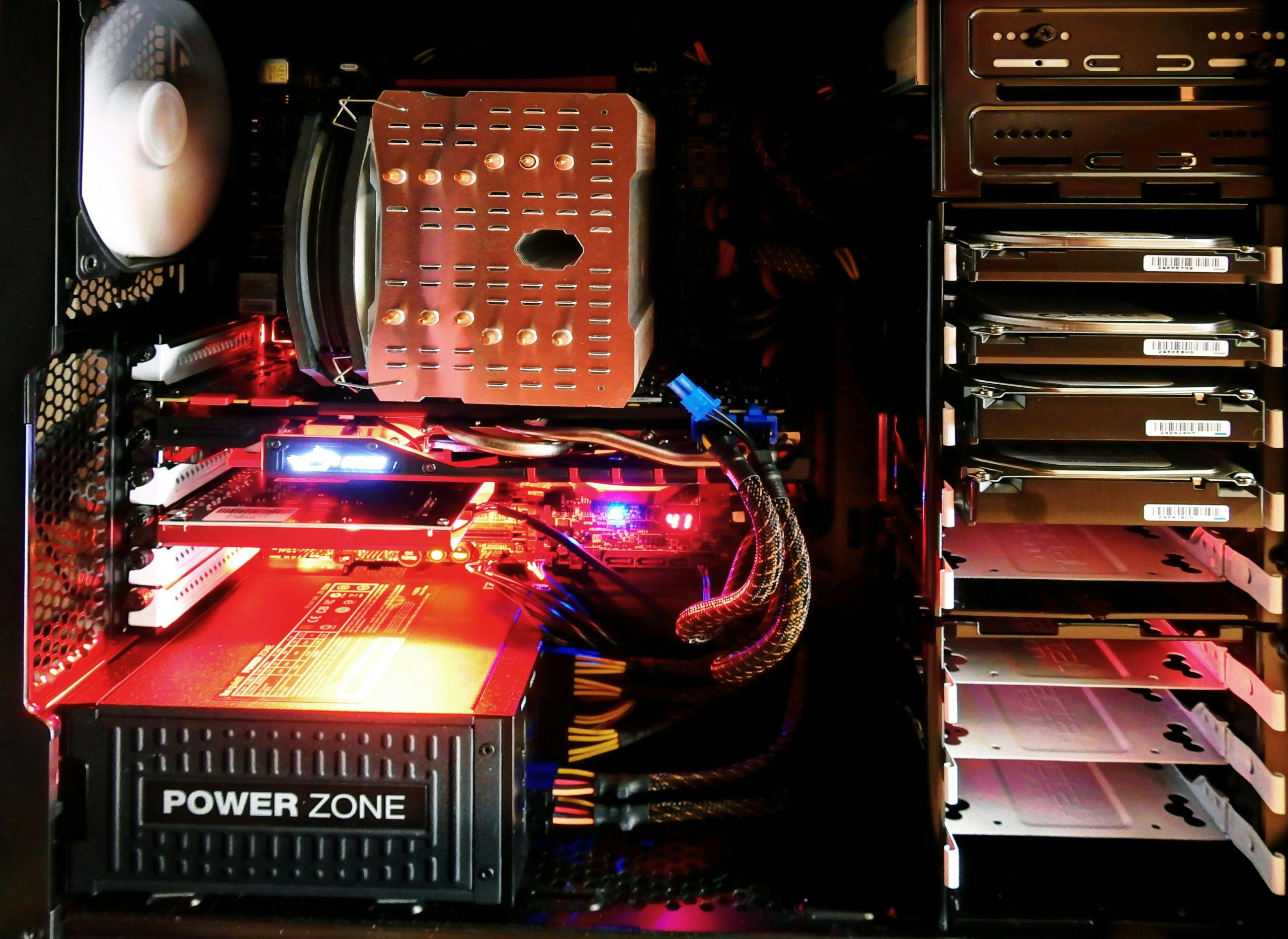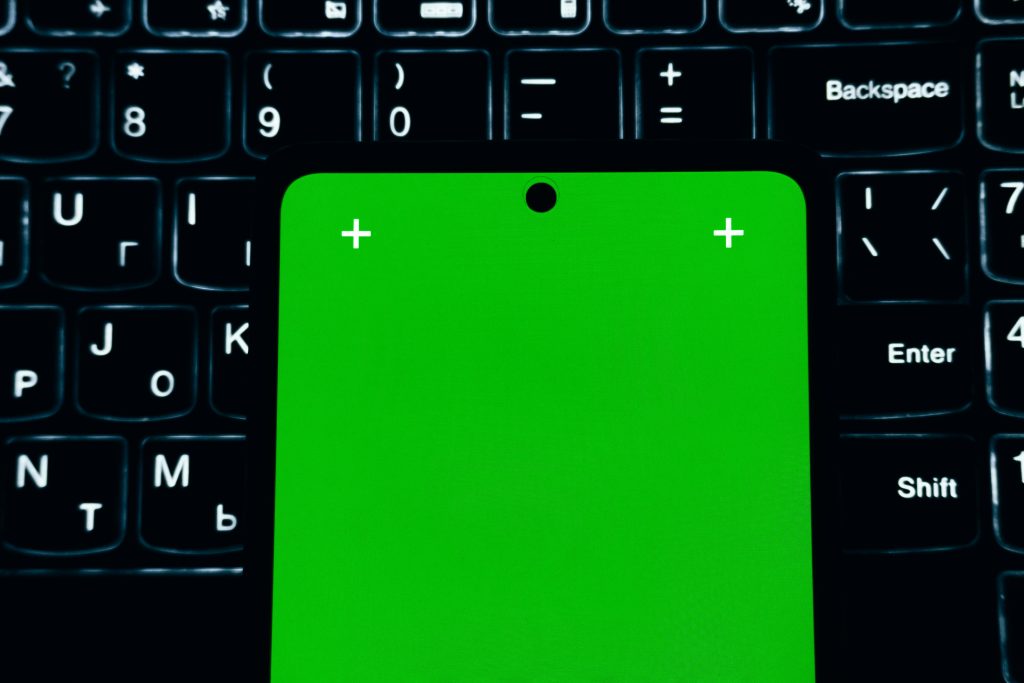Troubleshooting PC Crashes After GPU Upgrade During Gaming Sessions
Upgrading your graphics card is an exciting step toward enhancing gaming performance, but it can sometimes introduce unexpected stability issues. If you’ve recently upgraded from a GTX 980 Ti to an Nvidia GeForce RTX 3070 and are experiencing random system crashes solely during gaming sessions, you’re not alone. This article explores common causes and provides guidance on diagnosing and resolving such problems.
Understanding the Issue
The core symptom involves sudden system crashes or freezes exclusively during gaming, with crashes occurring after variable periods—from a few minutes to several hours. The challenges are compounded by the absence of error messages in system event logs and the fact that extended stress tests, such as those run with benchmarking tools like Heaven Benchmark, do not replicate the crashes. This suggests the problem may be related to the gaming workload, driver interactions, power delivery, or hardware compatibility.
Key System Specifications
- Operating System: Windows 11
- CPU: Intel Core i7-10700
- GPU: Nvidia GeForce RTX 3070
- Power Supply: Corsair 850W
- RAM: 4 x 8GB G.Skill modules
Potential Causes and Diagnostic Steps
- Power Supply and Power Delivery:
The RTX 3070 has higher power requirements than the 980 Ti. Although a Corsair 850W PSU should generally suffice, ensure it provides stable and sufficient power, especially under gaming loads.
- Verify that the PSU’s +12V rail is delivering consistent volts using monitoring tools like HWInfo.
- Check that all power connectors to the GPU are securely connected.
-
Consider testing with a higher wattage or higher quality power supply if instability persists.
-
Driver Compatibility and Updates:
Even with the latest drivers installed, driver conflicts can cause crashes.
- Perform a clean driver reinstall using Display Driver Uninstaller (DDU) to remove residual files.
- Install the latest stable Nvidia driver compatible with the RTX 3070.
-
Test with an older driver version in case a recent update introduced stability issues.
-
Thermal and Hardware Stress:
Overheating can cause system crashes.
- Monitor GPU and CPU temperatures during gameplay using tools like MSI Afterburner or HWInfo.
- Ensure adequate airflow within the PC case.
-
Clean dust from heatsinks and fans.
-
Hardware Compatibility and Stability:
-
Run memory diagnostics (e.g., Windows
Share this content:



